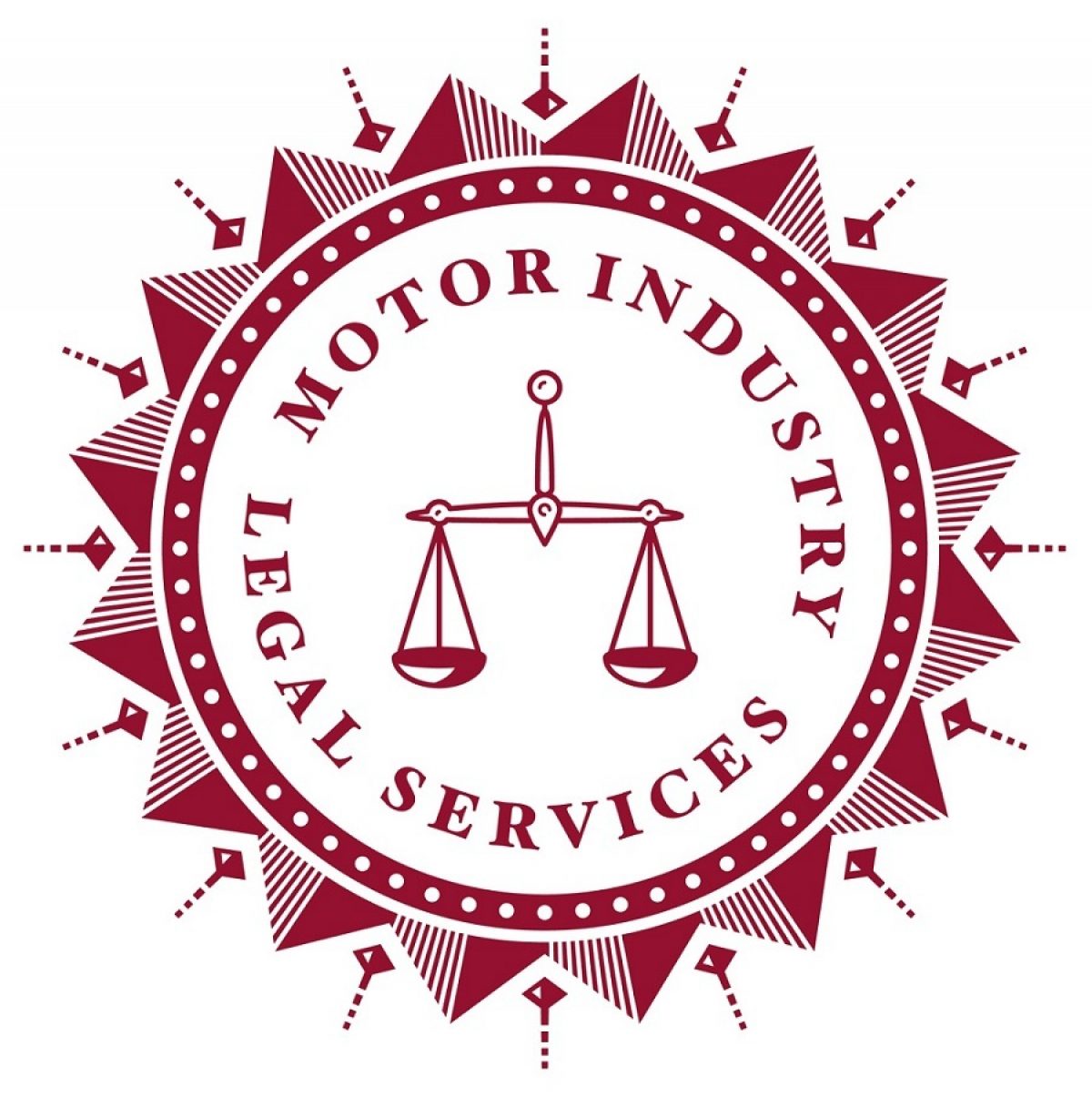
Over the past few years there has been a boom in the car wash and valeting industry. However as with any industry the calibre of those offering services can be inconsistent. At their best these services provide customer benefits, drive customer footfall through connected businesses and provide added value.
However, with the increase in the industry we have also seen questionable business practices develop. Running a car wash or agreeing to a carwash operating from your premises carries significant risks.
Employment Law
One of the commonly identified issues is the adherence to employment rights. Whilst a good employer will comply with their obligations some businesses do not. These can include:
- Breaches of the National Minimum Wage Regulations
- Breaches of the Working Time Regulations
- Breaches of Health and Safety regulations
- Employing children and young people in accordance with the Children and Young Persons Act 1933 (as amended)
- Recruitment – before employing someone it is essential to check whether that person has the right to work in the UK
- Modern Slavery offences
Whilst these will most likely be the responsibility of the legal entity running the car wash employment law will look at the practicalities of the employee/employer relationship to determine the employer. The more your business exercises control over the activities of the car wash, the greater the risk that it may be deemed the employer for the purposes of U.K. employment law.
Taxation
Tax avoidance is another commonly identified issue. This can include
- PAYE and NIC contributions
- VAT
- Council Tax
Again, taxation will be the responsibility of the legal entity running the car wash. However, where there is no clear contract between the parties the person responsible for the taxation, the position can be unclear, particularly where the related business assist in providing amenities and/ or displays pricing and collects any fees.
Environmental Regulations.
One of the larger risk of car washing activities is its environmental impact. A breach of environmental protection regulations can result in significant damage to an ecosystem as well as significant clean up and rectification costs.
Environmental regulation requires that contaminated water be treated correctly either by collection and disposal through a registered waster carrier or through the foul water drain system where the appropriate permissions are obtained.
There is also the risk of pollution through the fuel and oil contained within the vehicles themselves. Certain areas being used as refuelling areas, vehicle maintenance areas and car parks are required to have oil separators to prevent pollution from water runoff entering the local eco system. This is a particular issue with car washes as even where a system is in place the presence of detergent can render a valid system inoperative and require a sealed treatment system instead.
Under the Environmental Protection Act 1990 anyone who is an ‘appropriate person’ may be liable for any pollution. For the purposes of liability the act identifies 2 classes of person.
Class A- a person who causes or knowingly permits contaminating substances to be in, on or under the land in question, or
Class B- the owner or occupier of contaminated land, but only where a Class A person cannot be found
Whilst the authorities will always seek the polluter first, any car washing entity responsible for pollution may also be difficult to trace. Any owner or occupier who permitted the car wash on their land will always be a class B person and may also be a call A person where they knew and permitted the pollution to occur.
Furthermore, any officers of the companies concerned may themselves be personally liable where they knowingly permitted the presence of pollution and the company has been dissolved.
Conclusions
This article is not intended as a guide only and the issues identified are only the most common and are not definitive.
Before entering into any agreements with a car washing entity members need to ensure they fully understand the risks. Wherever possible a written agreement should be established to ensure each party is aware of their responsibilities. This agreement should identify the parties as well as clearly set out the basis of any occupation of the premises, the responsibility for any taxation and environmental protections etc…
As an RMI member you have access to the RMI Legal advice line, as well as a number of industry experts for your assistance. Should you find yourself in the situation above, contact us at any stage for advice and assistance as appropriate.
Motor Industry Legal Services
Motor Industry Legal Services (MILS Solicitors) provides fully comprehensive legal advice and representation to UK motor retailers for one annual fee. It is the only law firm in the UK which specialises in motor law and motor trade law. MILS currently advises over 1,000 individual businesses within the sector as well as the Retail Motor Industry Federation (RMI) and its members.
